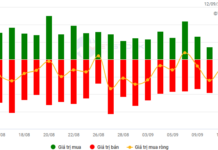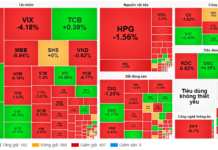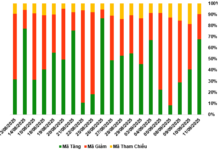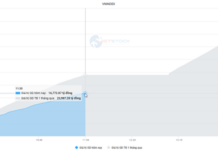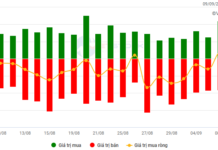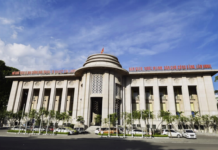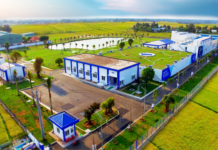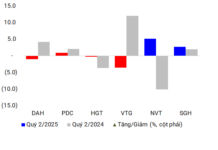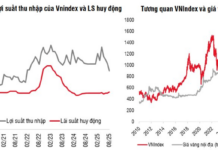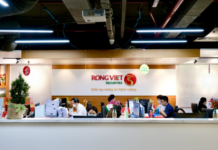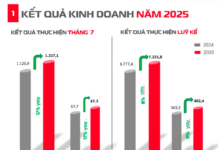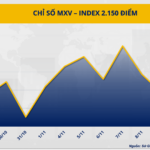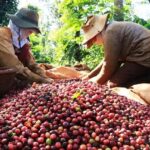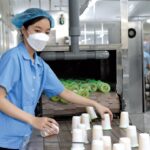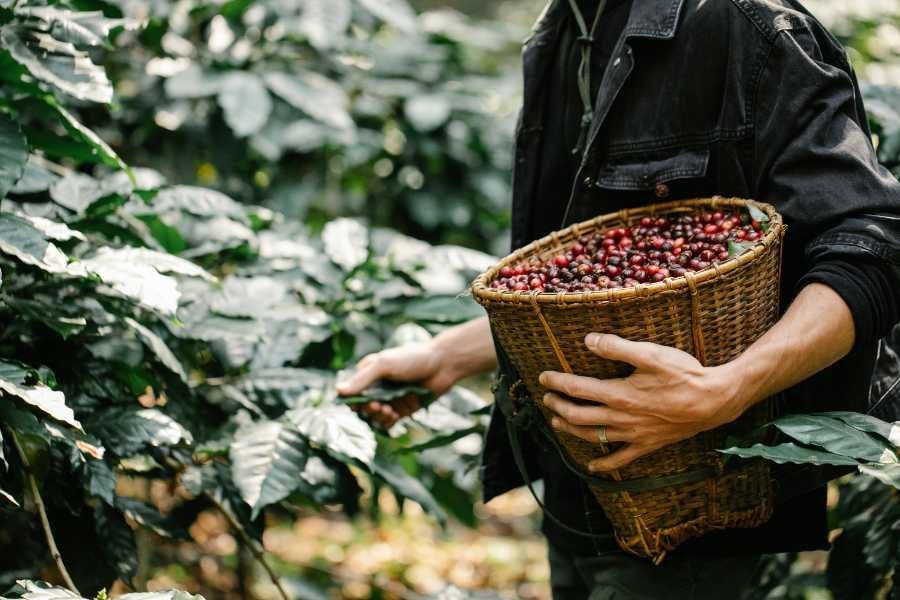
Vietnam is a leading coffee producer globally, ranking 6th in terms of area, after Brazil, Indonesia, Ethiopia, Colombia, and Côte d’Ivoire. In 2022, the total area dedicated to coffee cultivation was 709,600 hectares.
The country boasts one of the highest coffee yields worldwide, averaging 2.5–3.5 tons of beans per hectare. In 2022, Vietnam exported 1.72 million tons of coffee, generating $3.95 billion in revenue, accounting for 17.5% of the total export earnings from crop production.
Vietnam’s coffee industry is undoubtedly a crucial pillar of the global coffee market and significantly contributes to the country’s economy, becoming a source of national pride.
However, the industry also faces challenges due to climate change, making the promotion of sustainable farming practices imperative.
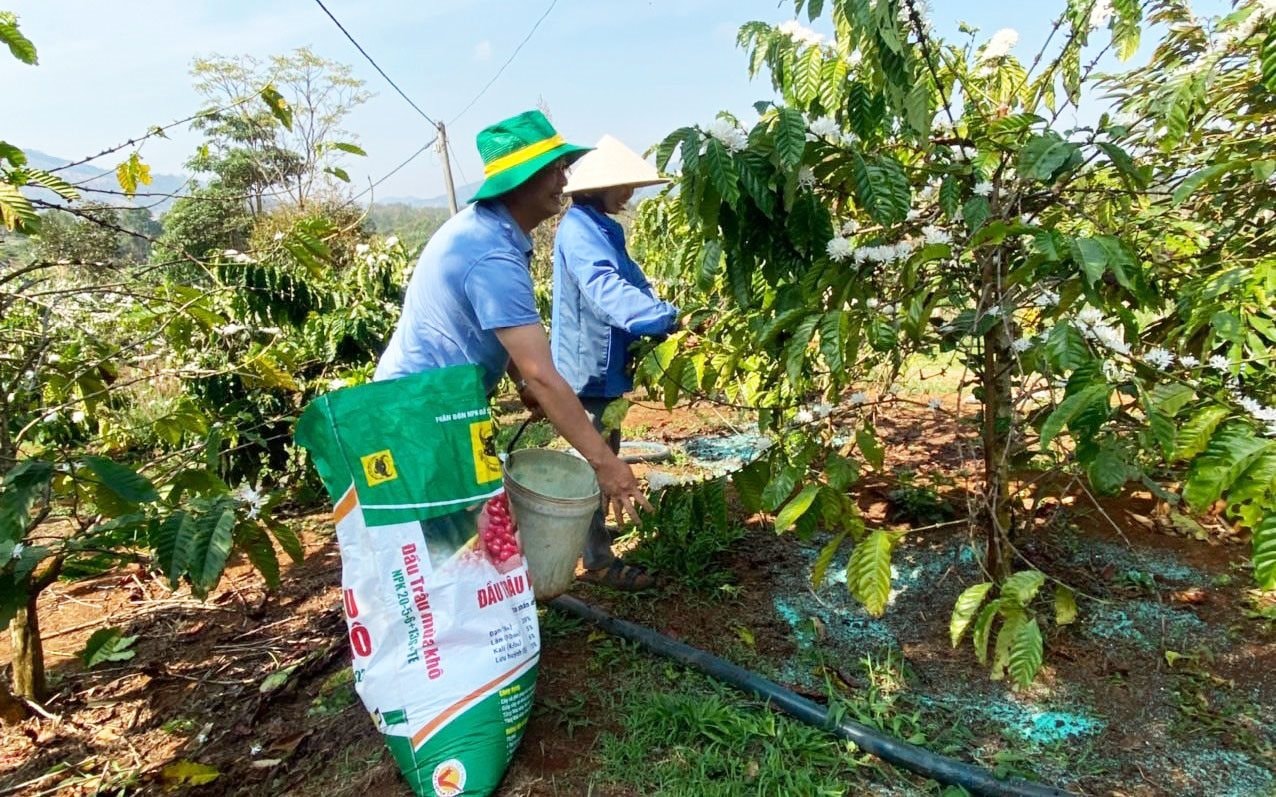
Erosion
Coffee production is an important economic sector, providing employment for approximately one million farmers, in addition to those working in processing plants and commercial activities.
However, due to the high profitability of coffee, farmers have, for many years, over-invested in intensive farming practices. This has led to a significant reduction in the use of organic fertilizers, while the application of inorganic fertilizers has far exceeded recommended levels. Furthermore, irrigation practices have been less than scientific, resulting in water wastage and nutrient erosion.
These factors have led to severe degradation of the soil used for coffee cultivation, most notably a decline in organic matter in terms of both quantity and quality.
Additionally, abnormal weather patterns, such as rising temperatures, prolonged droughts, uneven rainfall distribution, rain during the dry season, and sunscald during the rainy season, have become more frequent.
Despite having over 700,000 hectares of coffee-growing land, Vietnam is struggling to find suitable areas to increase production due to concerns about deforestation and the pressure to meet climate-related targets.
Data from the Plant Protection Department in 2023 revealed that climate change alone affected 116,400 hectares of coffee farms in 2016, with Dak Lak province suffering a loss of 56,100 hectares. A total of 6,900 hectares of coffee farms were completely destroyed due to adverse weather conditions.
The combined impact of biological and non-biological factors has made coffee production unsustainable. Soil-borne pests and diseases, particularly the root rot disease, have affected hundreds of thousands of hectares of coffee farms, leading to replanting or even abandonment. Many areas have experienced shortened production cycles, resulting in reduced economic efficiency.
According to the Plant Protection Department, the replanting area during 2014–2020 reached 90,000 hectares, and another 30,000 hectares required grafting improvement, accounting for 18.5% of the total coffee-growing area. The replanting plan will continue, with an estimated additional 75,000 hectares requiring replanting and 32,000 hectares needing grafting improvement by 2025.
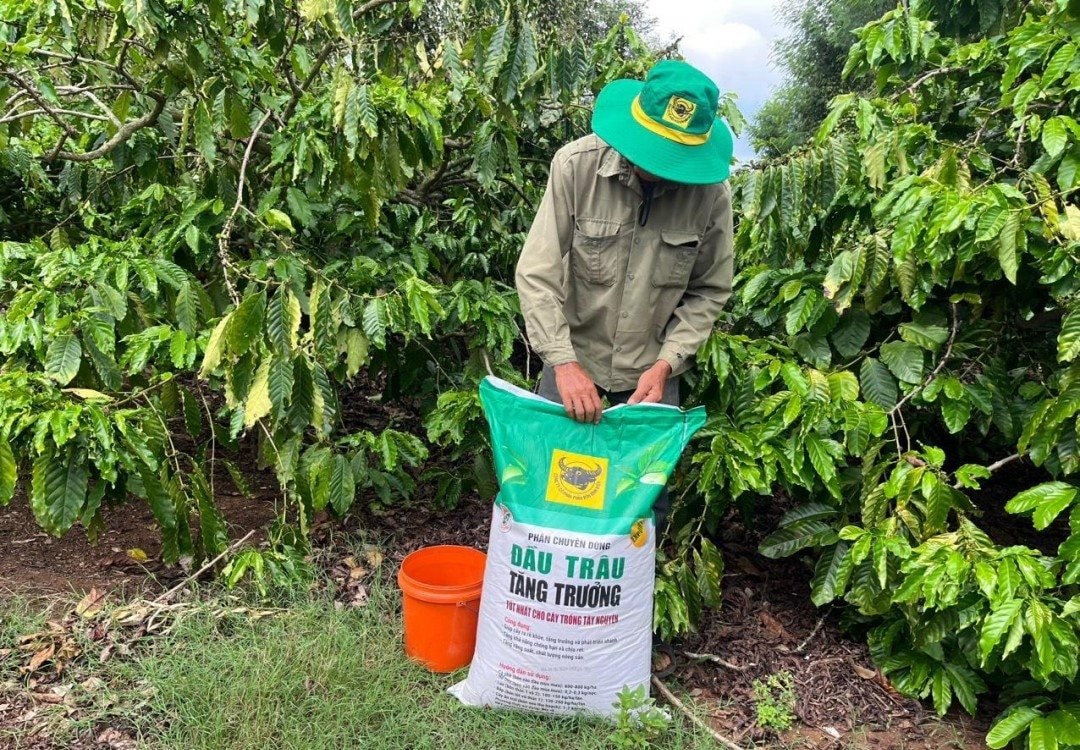
Moreover, volatile coffee prices have led to an increasing area of intercropping in coffee farms.
Data from the Plant Protection Department showed that the area of intercropped coffee with other crops in 2021 was 169,900 hectares, equivalent to 26.17% of the total area. This is considered a relatively high proportion, and the trend is increasing rapidly.
According to Dr. Devmali Perera, a lecturer in Finance at RMIT University, many Vietnamese coffee farmers have switched to growing durian due to the increasing demand for this fruit in the Chinese market. This shift has further reduced the area available for coffee production.
Additionally, Vietnamese farmers are grappling with rising production costs, mainly due to increasing fertilizer and labor prices. While higher domestic coffee prices can partially offset production costs for farmers, the overall increase in expenses poses challenges for exporting companies.
This situation is a cause for concern for Vietnam’s coffee industry, which leads the world in production.
Smart Farming
Vietnam is the world’s largest producer of Robusta coffee, with approximately 97% of its output consisting of this variety. The remaining production includes Arabica and other specialty types.
While domestic coffee consumption is on the rise, exports remain the primary source of income for the Vietnamese coffee industry.
Coffee exports are estimated to total 25 million bags (60 kg/bag) in the 2023–2024 crop year, a decrease of about 10% compared to the previous year. Nonetheless, Vietnam remains the second-largest exporter of Robusta coffee globally, after Brazil.
Despite this, the erosion of the coffee industry is evident, and promoting sustainable and smart farming practices has become imperative.
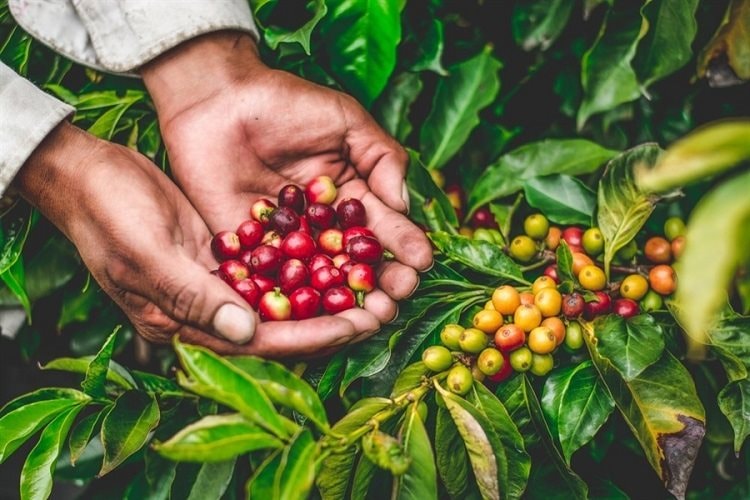
Recognizing the Central Highlands as a key coffee-producing region (accounting for 92% of the country’s total area), the Binh Dien Fertilizer Joint Stock Company has taken the initiative to implement the program “Smart Coffee Farming in Adaptation to Climate Change” , in collaboration with the National Center for Agricultural Extension and the Tay Nguyen Institute of Science and Technology.
The program was launched in 2023 across 15 key districts in the five provinces of the Central Highlands, with 15 models: seven models of pure coffee cultivation, four models of pepper intercropped with coffee, and four models of durian intercropped with coffee. The goal is to promote sustainable development in coffee cultivation and intercropped plants.
The program aims to establish specific farming procedures for coffee plantations, starting by identifying the shortcomings and limitations of traditional coffee farming practices in the Central Highlands.
Through this initiative, the company will provide Central Highlands farmers with smart farming techniques adapted to climate change. This includes introducing new, suitable fertilizer products for coffee production (both pure and intercropped) that offer high economic efficiency, improve soil fertility, reduce soil-borne diseases, and decrease greenhouse gas emissions.
Specifically, the program focuses on the three most common coffee farming models in the Central Highlands: pure coffee cultivation, pepper intercropped with coffee, and durian intercropped with coffee. Pepper and durian are well-suited to the region’s climate and soil conditions and are also in high demand in the market, ensuring a stable income for farmers.
This program holds great potential, as the Binh Dien Fertilizer Joint Stock Company has successfully organized the “Smart Rice Farming in Adaptation to Climate Change” program in 13 provinces in the Mekong Delta. This previous initiative was recognized by the Plant Protection Department of the Ministry of Agriculture and Rural Development as a technical advancement worthy of expansion to other rice-growing regions with similar conditions.
Therefore, the “Smart Coffee Farming in Adaptation to Climate Change” program in the Central Highlands is expected to contribute to the sustainable development of Vietnam’s proud coffee industry in the face of current climate challenges.
“Dollar Soars to a One-Year High as Markets Anticipate Trump’s Policies”
The metals market remains under selling pressure as platinum prices fell for the fourth straight session; COMEX copper prices weakened to a two-month low.
“Russia Values Energy Cooperation with Vietnam”
The Russian Energy Minister affirmed that the leadership of the Russian Government, as well as the Ministry of Energy, highly appreciates the cooperation between Vietnam and the Russian Federation in the past years and expressed a desire to further promote and foster new collaborative projects in diverse fields in the future.
“Vietnam’s Impressive Growth Story: Outpacing Southeast Asian Peers”
According to the EIU, Vietnam’s business environment has witnessed the most significant improvement during the 2003–2023 period. With a score of 1.3, it boasts the highest rating among the 82 countries and territories studied.

